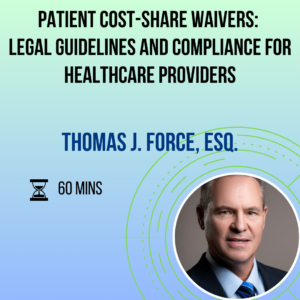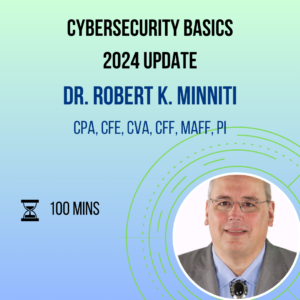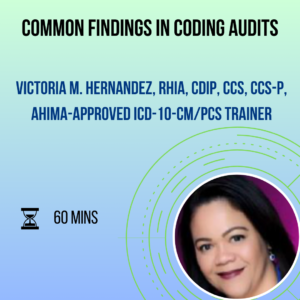Marketing and Empathy Psychology
Verifying Electronic Medical Records and Metadata: What You Need to Know
By - Mark R. Brengelman
Lorem ipsum dolor sit amet, consectetur adipiscing elit. Ut elit tellus, luctus nec ullamcorper mattis, pulvinar dapibus leo.
- 06 Aug - 21 Oct 2022
- 10:00 - 12:00
- February 5, 2025 | 1:00 pm (EST) |
- 60 Mins

This new, intermediate webinar examines various aspects of electronic medical records from the perspective of obtaining them and verifying them. Long gone are the days of standing over a photocopier with a stack of paper documents that constitute “the medical record” in order to obtain a complete copy of paper records.
Today, medical records are uniformly in an electronic health record and can be integrated with other related medical records, including financial and billing records that are not clinical records.
This webinar covers the basics of verifying electronic medical records and concludes with examining metadata, which is “data about data.” In addition, sample forms for obtaining electronic health records and verifying them are included.
Erase the uncertainty and doubt about the ins and outs of electronic medical records and verifying what you have – and what you don’t – and how to tell if the records have been “doctored.”
This is a new, intermediate webinar that will examine various aspects of electronic medical records. We start with the perspective of obtaining them and verifying them as such medical records are routinely obtained in a variety of legal settings for a variety of purposes.
How do you know what you have, and that you have it all, and that all you have is a true and accurate copy – and has not been tampered, altered, or supplemented improperly.
Why, that’s why they call it “doctoring records.”
A greater focus on electronic medical records starts with the question of what is the medical record in the first place?
First, this analysis will now include examples of definitions of the required content for medical records. This will include references to state laws, HIPAA, and codes of ethics, and which sources of requirements are mandated or not.
Second, we will review whether HIPAA answers the question of how long do you keep a medical record, and regardless of whether that includes traditional, paper records or electronic records.
Third, state law will be identified that provides specific requirements to electronic medical records, such as those used or obtained in the course of a telemedicine or telehealth, doctor-patient relationship.
Fourth, this webinar will discuss how to request the medical records and how to verify them as being provided for true and accurate copies from the health care provider – whether that verification be in a written attestation or a deposition of the health care provider. Sample forms for authorization requests and for written attestations are provided as a bonus for the attendee. Start or update your form library here.
In addition, this webinar will focus on meta data, or “data about data” so you may backtrack and verify who made the medical record and when – and how and whether they have been changed in any way. While some changes and updates are allowed, the changes and updates should be transparent to anyone reviewing the record. Changes or additions may, but not always, raise a red flag as to their authenticity.
This webinar is indented to educate attendees about obtaining, identifying, and verifying electronic medical records.
Agenda:
- What is the medical record and who keeps it?
- Contents of medical records and sources of requirements for keeping them – the law vs codes of ethics;
- Verifying clinical vs other related records (financial);
- Identifying medical records of the person vs the place;
- Verifying the additional records mandated by telemedicine pracice;
- Obtaining medical records and best practices;
- Documenting the authenticity of the medical record – written attestation and civil discovery;
- Metadata and “data about data” to verify, and;
- Top takeaways for verifying electronic medical records.
Who Should Attend:
HIPAA privacy officers; medical records workers; health care attorneys
Vulputate eros arcu magnis donec sem pretium scelerisque a etiam. Eros aliquam elit si mattis phasellus at orci letius ligula posuere. Sodales maecenas facilisis diam egestas dictumst si fames mus fermentum conubia curabitur. Ornare nisi consectetur semper justo faucibus eget erat velit rhoncus morbi.
Speaker Detail

Mark R. Brengelman
Mark holds Bachelor’s and Master’s degrees in Philosophy from Emory University and a Juris Doctorate from the University of Kentucky. Retiring as an Assistant Attorney General, he now represents: • health care professionals; • two government health care licensure boards, and; • parents and kids in confidential child abuse and neglect cases, termination of parental rights, and adoption proceedings Mark has worked for all three branches of government. He is a frequent continuing education presenter around the country having presented continuing education for over 50 different national and state organizations and private companies. Mark helps his clients navigate the law and ethics and make the rules understandable as applied to them.
Webinar Information
- Duration : 60 Mins
- Date / Time(EST) : February 5, 2025 | 1:00 pm
- 06 Aug - 21 Oct 2022
- 10:00 - 12:00
- Jakarta, Indonesia
Share this event
Related products
-

Patient Cost-Share Waivers: Legal Guidelines and Compliance for Healthcare Providers
$249.00 – $399.00 Select options This product has multiple variants. The options may be chosen on the product page -

Outlook Efficiency Masterclass: Achieve Inbox Zero
$199.00 – $349.00 Select options This product has multiple variants. The options may be chosen on the product page -

2024 Cybersecurity Training for Finance, Tax Professionals, Auditors & CEOs
$199.00 – $349.00 Select options This product has multiple variants. The options may be chosen on the product page -

Common Findings in Coding Audits
$199.00 – $349.00 Select options This product has multiple variants. The options may be chosen on the product page



